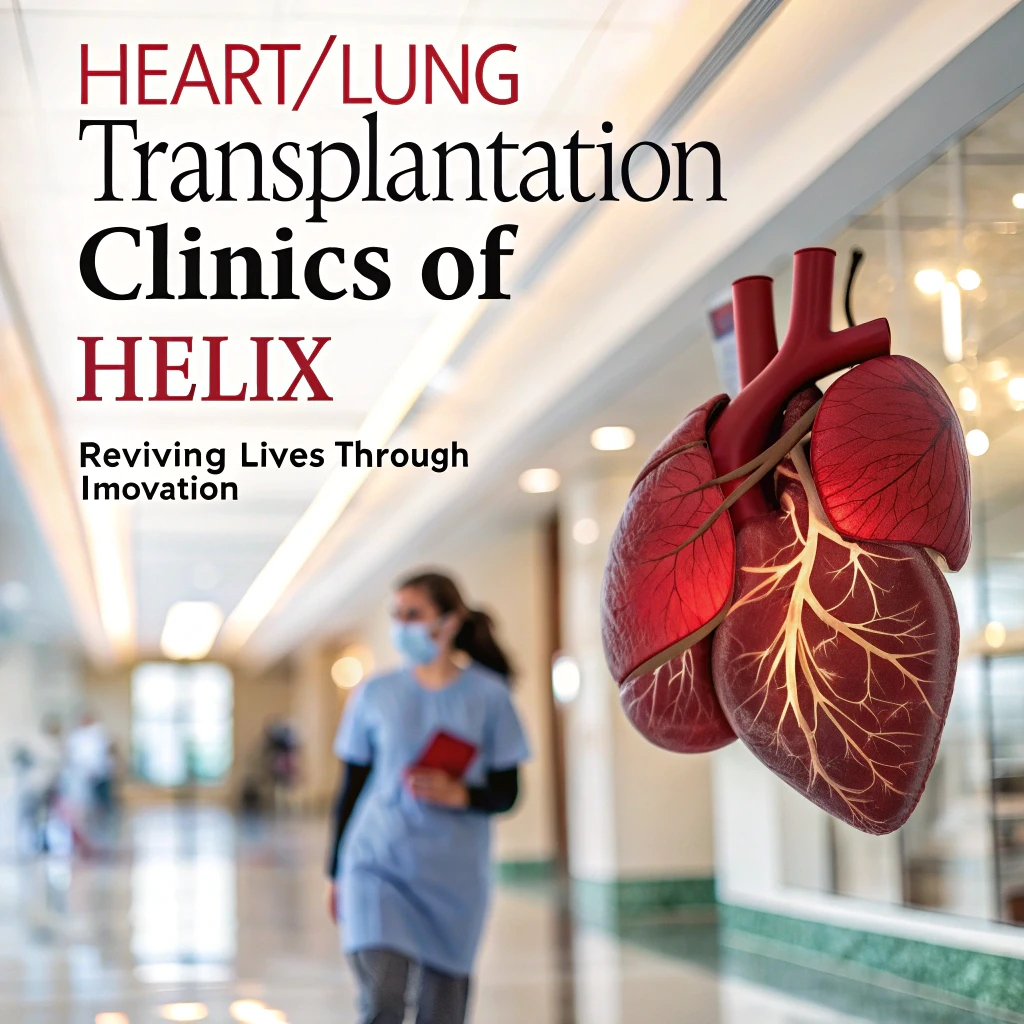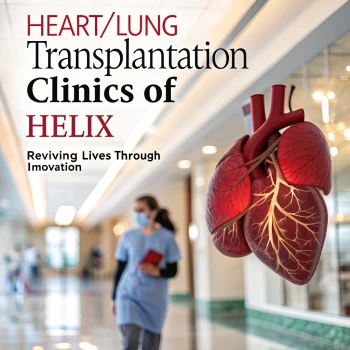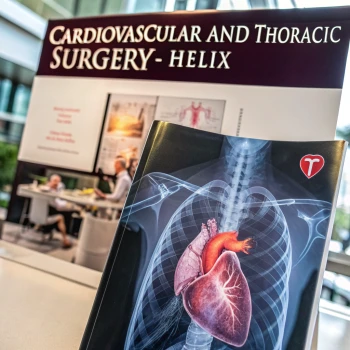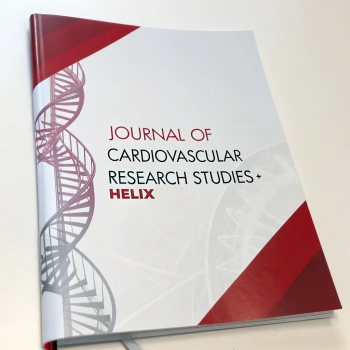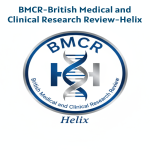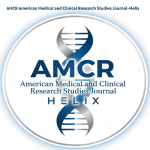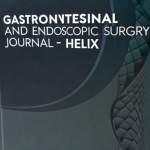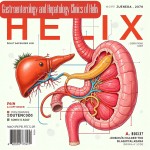Heart and Lung Transplantation Clinics of Helix is a publication of Helix Health Science www.helixhealthscience.com contact@helixhealthscience.com
Heart and Lung Transplantation Clinics
A Guide by Helix Health Science
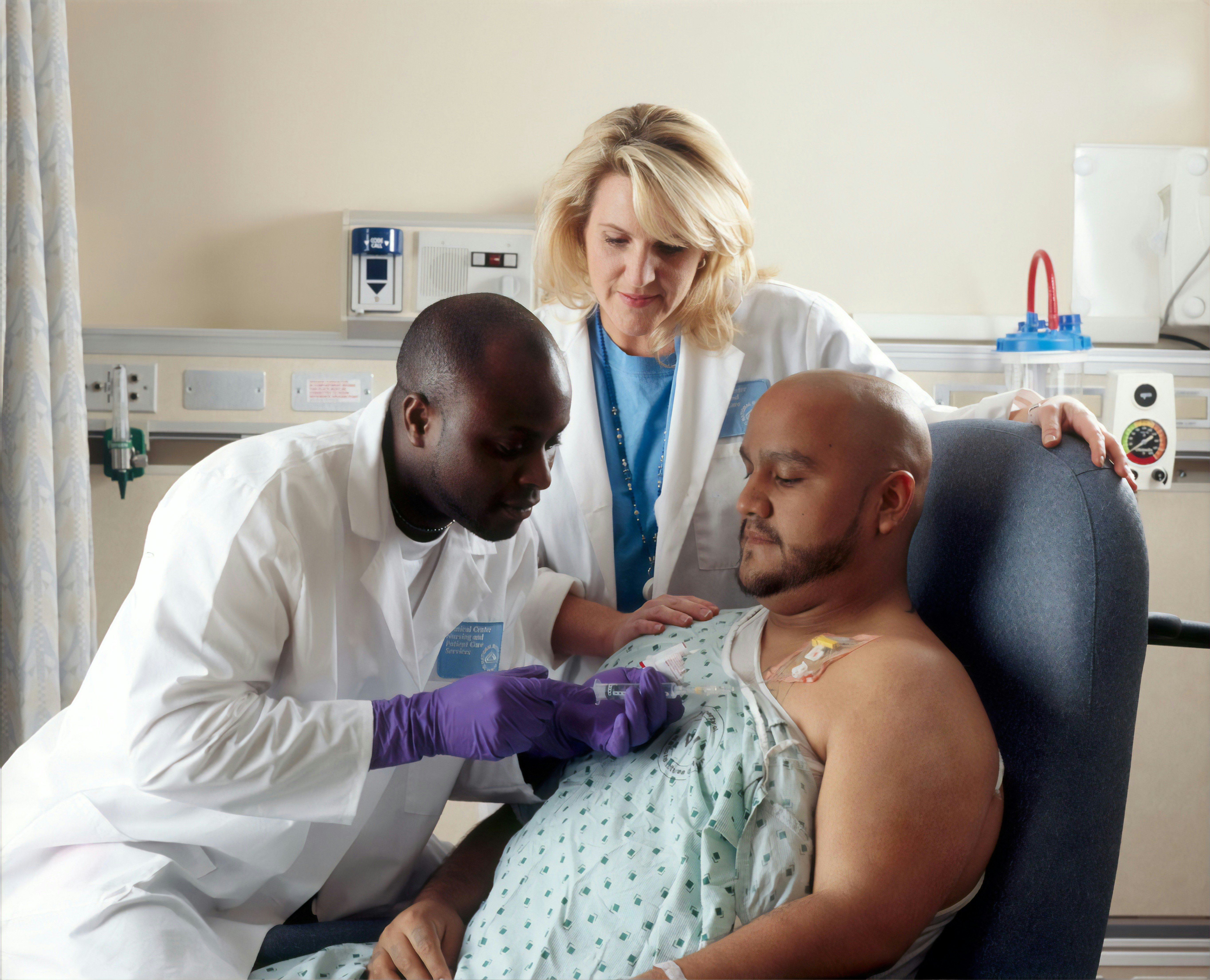
Introduction to Heart and Lung Transplantation
Heart and lung transplantation represent critical interventions aimed at treating severe and life-threatening conditions affecting these vital organs. These surgical procedures involve replacing a diseased or damaged heart or lung with a healthy organ from a donor, which can significantly improve the quality of life for eligible patients. Heart transplants are typically necessitated by conditions such as severe coronary artery disease, heart failure, or cardiomyopathy, while lung transplants are often required for patients suffering from chronic obstructive pulmonary disease (COPD), idiopathic pulmonary fibrosis, or pulmonary hypertension.
The advancements in medical technology and surgical techniques over the last few decades have enhanced the viability of heart and lung transplantation. Innovations such as improved organ preservation methods, clearer criteria for donor selection, and the development of immunosuppressive therapies have increased the success rates of these procedures. As a result, transplantation has become a more feasible option for a wider range of patients who would previously have had limited alternatives. The growing use of minimally invasive techniques has further decreased recovery times and complications, allowing patients to return to their regular lives more swiftly.
Identifying candidates for heart or lung transplantation involves a comprehensive evaluation process. This assessment considers various factors, including the severity of the patient’s condition, overall health, psychosocial factors, and the predicted benefits of the surgery. Multifaceted evaluations ensure that the most suitable candidates receive the necessary support and resources during their treatment journey. The significance of heart and lung transplantation extends beyond mere survival; they offer a renewed opportunity for thousands of patients to regain an active and fulfilling life after their illnesses. Understanding the intricacies of these procedures underscores their importance in modern medicine and patient care.
Helix Health Science: Pioneering Transplantation Clinics
Helix Health Science has positioned itself as a leader in the field of heart and lung transplantation, operating clinics that exemplify excellence in medical care and surgical precision. Each clinic is equipped with state-of-the-art facilities designed to support the complex procedures involved in cardiovascular and pulmonary transplantation. Modern operating rooms feature advanced surgical technology that allows for higher success rates and better patient outcomes. The clinics prioritize patient safety and comfort, fostering an environment conducive to healing.
The surgical teams at Helix Health Science consist of highly experienced professionals, including cardiothoracic surgeons, anesthesiologists, and specialized nursing staff. This multidisciplinary collaboration ensures that every aspect of the surgical process is meticulously managed, from pre-operative assessments to post-operative recovery. Their experience not only enhances the likelihood of successful surgeries but also contributes to innovative surgical techniques that continue to evolve within the field.
A distinctive aspect of Helix Health Science’s approach is the emphasis on specialized patient care protocols tailored to meet the unique needs of each individual. The clinics employ a holistic model that recognizes the importance of both pre-operative and post-operative care. Pre-operative protocols include thorough evaluations, risk assessments, and patient education to prepare recipients for the journey ahead. Post-operative care involves continuous monitoring, management of medication, and counseling to facilitate recovery and mitigate complications.
Moreover, Helix Health Science is committed to advancing the field of transplantation through research and innovation. Their involvement in clinical trials and research initiatives drives improvements in transplant techniques and patient care practices. This dedication not only establishes Helix as a pioneer in transplantation clinics but also ensures that patients benefit from the latest advancements in medical science, thereby enhancing the overall standard of care. In this rapidly evolving field, Helix Health Science stands out as a beacon of hope for those in need of heart and lung transplants.
Patient Journey: From Evaluation to Recovery
Pursuing a heart or lung transplantation at Helix Health Science clinics involves a comprehensive journey that begins with a thorough evaluation. This initial phase is critical, as it determines a patient’s eligibility for transplantation. Patients will undergo in-depth medical assessments, including physical examinations and diagnostic tests. These may encompass blood tests, imaging studies, and evaluations of cardiac or pulmonary function. The multidisciplinary team evaluates not only the medical condition of the patient but also their overall psychological well-being. Dependent on the results, physicians can then provide tailored recommendations to best support the patient’s health.
Once a patient is deemed suitable for transplantation, the next step involves the matching process with donor organs. This process is facilitated by the clinic’s transplant coordinators, who work closely with national and regional organ registries. Matching is based on several factors, including organ compatibility, urgency of need, and geographical considerations. It is a pivotal moment, as patients await a suitable donor, fostering a sense of hope mixed with anxiety.
The surgical procedure itself is a complex operation that can last several hours. Patients are typically placed under general anesthesia, and they are carefully monitored throughout the surgery. Advances in surgical techniques have greatly improved the success rates of these procedures, yet understanding the potential risks and complications is also part of the pre-transplant education. Following surgery, the recovery period begins, which can vary significantly among individuals. Patients will be closely observed in the intensive care unit before transitioning to a recovery ward. Pain management and rehabilitation therapy will be integral components during this phase.
The follow-up care post-transplantation is essential for long-term health and involves routine appointments to monitor organ function and ensure the patient is adhering to immunosuppressive therapy. Emotional and psychological support is equally important during recovery; thus, Helix clinics provide resources such as counseling and support groups for both patients and their families. By understanding this journey from evaluation to recovery, patients can navigate their transplantation experience with greater confidence and clarity.
The Future of Heart and Lung Transplantation
The landscape of heart and lung transplantation is undergoing significant transformation, particularly through the efforts of innovative organizations such as Helix Health Science. As we look towards the future, various trends and technological advancements are poised to enhance both the practice and outcomes of these critical medical procedures. Ongoing research in the field is focusing on numerous fronts, including pioneering studies in xenotransplantation, which involves the transplantation of organs from genetically modified animals into humans. This approach holds promise for addressing the significant shortage of donor organs, potentially leading to a more sustainable solution for patients waiting for heart and lung transplants.
In addition to xenotransplantation, advancements in organ preservation techniques are crucial for improving transplant success rates. Enhanced preservation methods not only extend the shelf life of organs but also improve their viability by reducing damage during transportation. Techniques such as machine perfusion are being refined to maintain organ function before transplantation, significantly increasing the number of organs available for transplantation and improving outcomes for recipients.
Moreover, the role of telemedicine in post-transplant care is rapidly expanding. By leveraging digital health technologies, healthcare providers can offer real-time monitoring and remote consultations, ensuring that patients receive timely interventions after their procedures. This practice not only enhances patient convenience but also improves adherence to follow-up care, ultimately leading to better long-term health outcomes.
Helix Health Science is committed to remaining at the forefront of these developments. This dedication to innovation aims to provide the best possible outcomes for patients in need of heart and lung transplants. By embracing cutting-edge research and technology, Helix Health Science is working tirelessly to shape a future where organ transplantation becomes more effective and accessible for all patients. With continued advancements on the horizon, the future of heart and lung transplantation looks promising.

